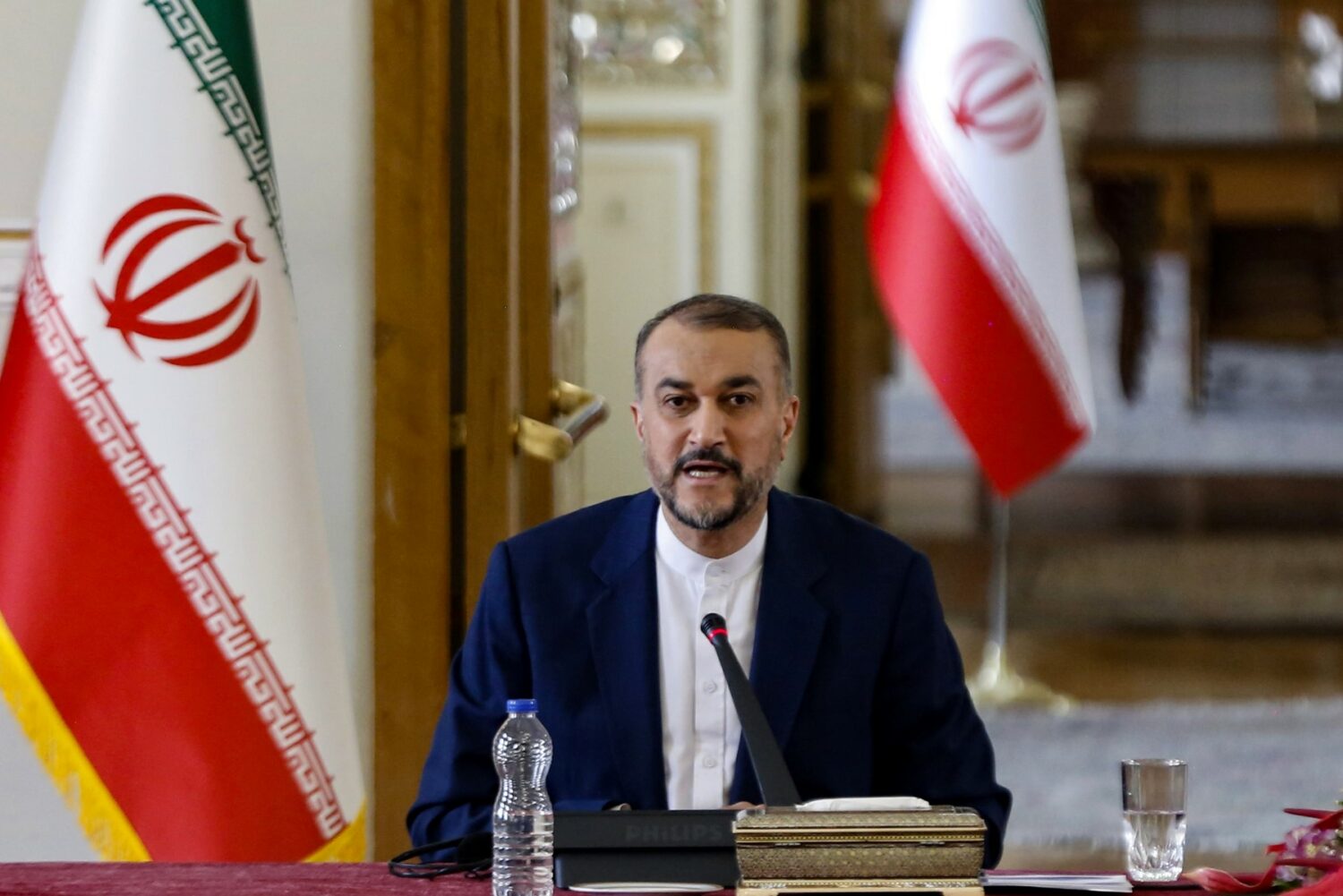TEHRAN, IRAN- Iran said on Friday it “reserves” the right to take action as a dispute with Afghanistan escalates over an upstream river dam that restricts the flow of water into the country.
“The Islamic Republic of Iran reserves its rights to take necessary measures and emphasizes the full responsibility of Afghanistan in this regard,” the foreign ministry said in a statement, without specifying the measures.
But it also accused Afghan authorities of not meeting their obligations in providing Iran with its “water rights” from the Helmand River as enshrined in a 1973 agreement.
“In practice, the rulers of Afghanistan have not honored the commitments under the treaty and have not offered the necessary cooperation in supplying Iran’s legal water rights,” the ministry said.
The Helmand River flows from the mountains of the central Afghan province of the same name for over 1,000 kilometers (600 miles) into Lake Hamoun, which straddles the Afghanistan-Iran border.
“Non-implementation of the treaty and non-provision of Helmand water rights by Afghanistan and issuing political statements without practical action are not acceptable in any way,” Iran’s foreign ministry said.
It also rejected as “contradictory and false” a statement by Afghan ruling authorities on Thursday that blamed lack of precipitation for a halt to the flow of water to Iran.
Taliban spokesman Zabihullah Mujahid said in a tweet that Kabul was “committed to fulfill its obligations” but argued that due to “severe drought” the water levels have decreased.
He added that the “inappropriate statements” made by Iran in this regard can harm ties between the two countries and “should not be repeated”.
Mujahid was referring to a warning issued by Iranian President Ebrahim Raisi during a visit on Thursday to the drought-stricken southeastern province of Sistan-Baluchistan.
“I warn the rulers of Afghanistan to immediately give the people of Sistan-Baluchistan their water rights,” Raisi said, adding that Afghan authorities should take his words “seriously and not complain later”.
Iranian Foreign Minister Hossein Amir-Abdollahian has asked Afghan authorities “to open the gates of the Kajaki”, a major hydroelectric power dam in Afghanistan on the river’s path.
Lake Hamoun used to be one of the world’s largest wetlands, straddling 4,000 square kilometers (1,600 square miles) between Iran and Afghanistan, fed by the Helmand.
But it has since dried up, a trend experts blame on drought and the impact of Afghan dams and water controls.








